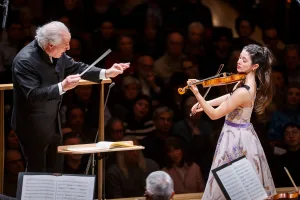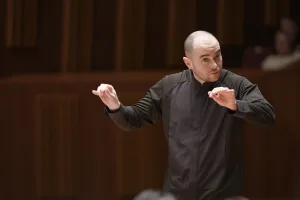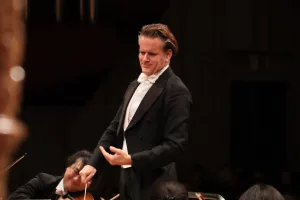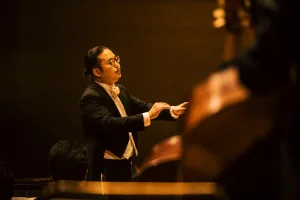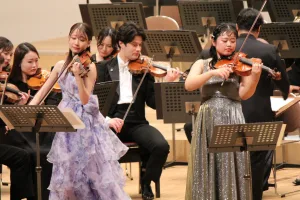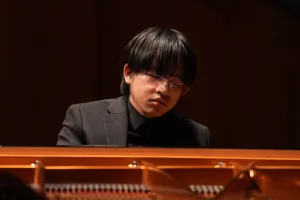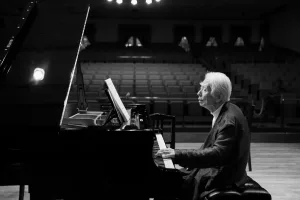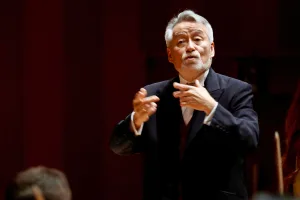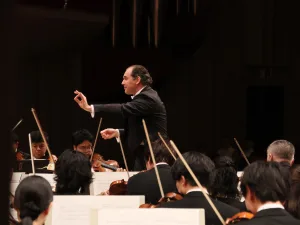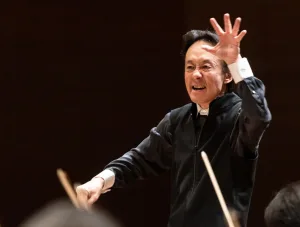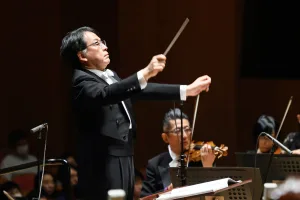Mahler's Fifth Symphony with grace and warmth.
BY Takuo Ikeda
Born in London in 1983, Ticciati made his Japan debut at the age of 25 when he was selected to conduct the Salzburg Festival production of “The Marriage of Figaro” directed by Klaus Guth; now 41, he is Principal Conductor and Artistic Director of the Deutsche Symphonie-Orchester Berlin, and since 2014 has been Music Director of the Glyndebourne Music Festival in the UK. He is the director of the festival and has a close relationship with the London Philharmonic Orchestra (LPO), which is responsible for its pits. Even with Mahler’s large orchestra, Ticciati makes the LPO sing meticulously, highlighting a classical elegance that is never heavy-handed. I was reminded of the fact that Georg Solti used the LPO to record Mozart’s operas when he was both Music Director of the Chicago Symphony Orchestra and Chief Conductor of the LPO, and I was reminded of the orchestra’s singing-oriented personality.
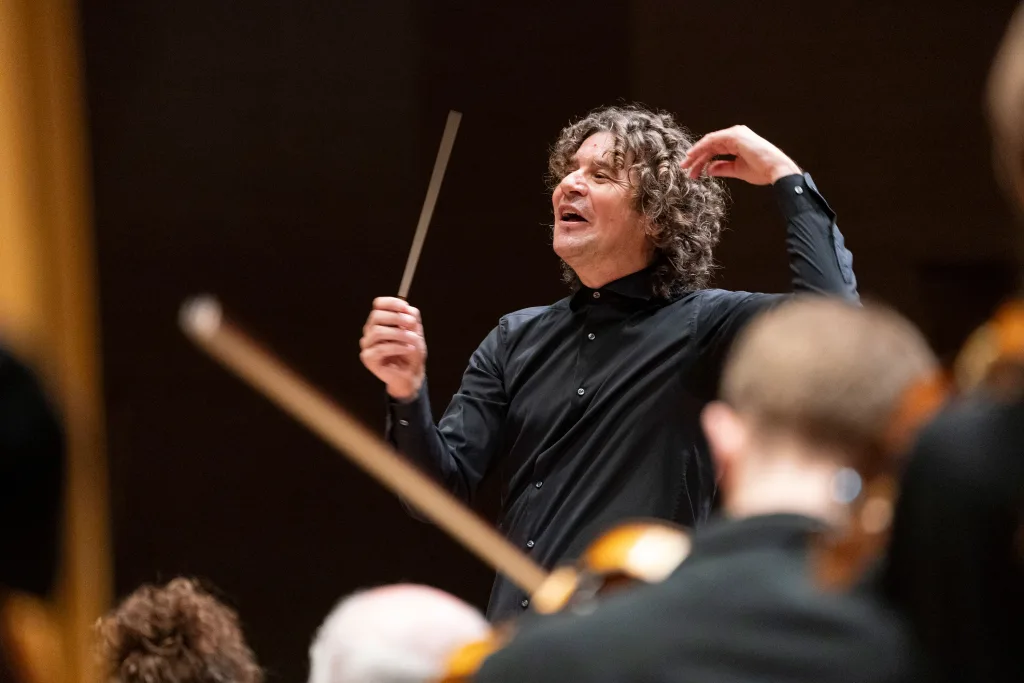
The orchestra’s superb solos and ensembles of woodwind as well as brass, including Paul Beniston on trumpet in the opening movement and Annemarie Federle on solo horn standing up in the third movement, were not of the Berliner Philharmoniker’s superb technique, but of the British style of orchestral ‘way’. The orchestra’s ‘way’ remained strong and deep. What was surprising was the tuning. The custom is still alive and well in British orchestras that the leader (the name of the concertmaster in the UK) appears after the musicians have tuned up, but at the LPO this time the leader, Pieter Schoeman, sat down and tuned up from the very beginning. No one stood out or dropped out, and the classical dignity was maintained in a convivial atmosphere, with a dreamlike moment in the fourth movement Adagietto. The encore Elgar was also a masterpiece, oozing a deep affection for the works of his country.
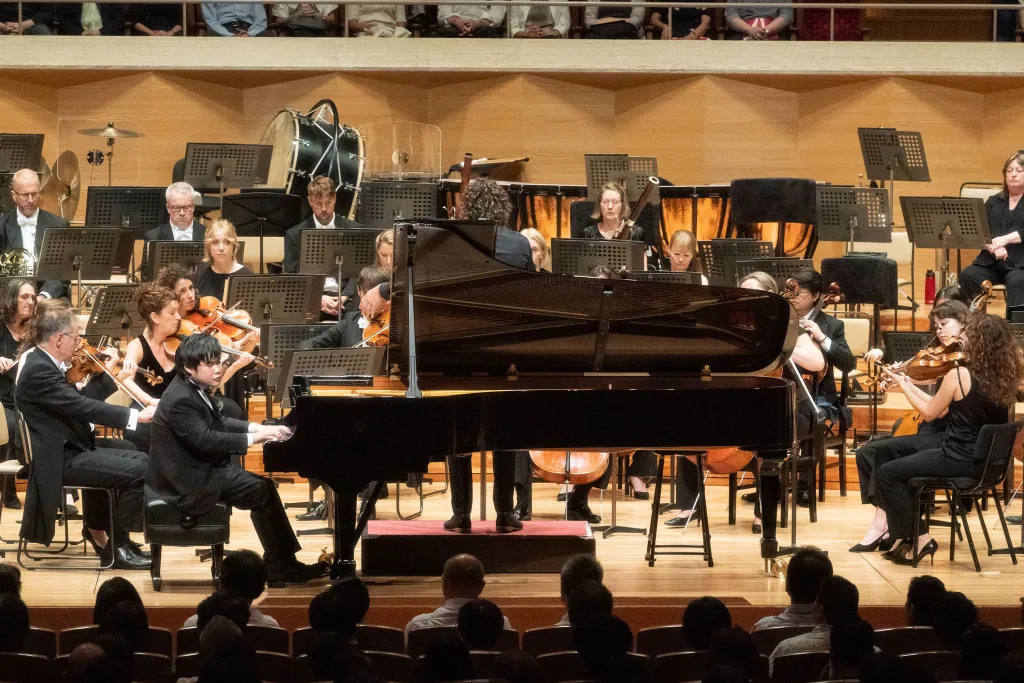
The first half of the concerto was ‘Emperor’ by Nobuyuki Tsujii. The transparency of the sound was maintained despite the increased richness of volume compared to when he first started playing this piece, leading to a deep flavour, especially in the second movement. Ticciati also reduced the composition to Type 12 (12 first violins, expanded to Type 16 for Mahler) and replaced the timpani with a classical model to adjust the style and support Tsuji󠄀i with a fresh and clean sound.
Performance data
London Philharmonic Orchestra conducted by Robin Tcciati
Wednesday, 11th September, 19:00, Suntory Hall
Conductor: Robin Ticciati
Piano: Nobuyuki Tsujii
Orchestra: London Philharmonic Orchestra
Programme
Beethoven: Piano Concerto No. 5 “Emperor”
Mahler: Symphony No. 5
Soloist encores
Kapustin: “Prelude” from 8 Concert Etudes
Encore
Elgar: Variation 9 “Nimrod” from Enigma Variations
For other performance dates, programmes and other data, see the performance website.
https://avex.jp/classics/lpo2024/
